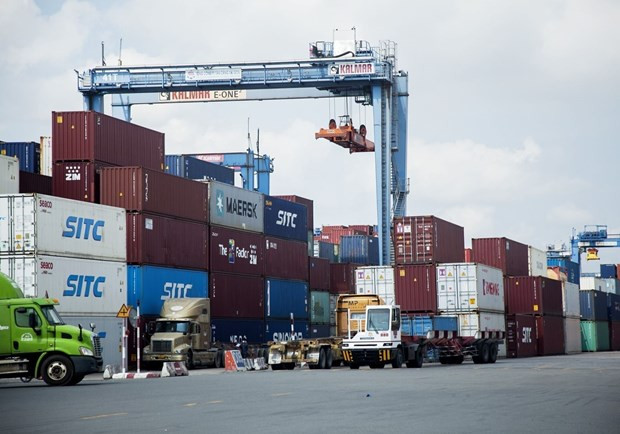Exports performed particularly well, with an estimated value of 93.06 billion USD, reflecting a 17% year-on-year growth. Processed industrial goods dominated exports, accounting for a substantial 88.1% share with a value of 82.02 billion USD.
Imports, on the other hand, reached 84.98 billion USD, representing a 13.9% increase. Production materials comprised the bulk of imports at 79.9 billion USD, or roughly 94% of the total import value.
The US remained Vietnam's top export market during the period, with an estimated turnover of 26.2 billion USD. Meanwhile, China held the position of the largest importer for Vietnam, with goods valued at 29.4 billion USD entering the country.
While the overall trade picture was positive, a closer look revealed a disparity between domestic and foreign-invested sectors. The domestic economic sector experienced a trade deficit of 4.49 billion USD while the foreign-invested sector, including crude oil, recorded a significant surplus of 12.57 billion USD.
In light of these findings, former General Director of the GSO Nguyen Bich Lam emphasised the need for the Ministry of Industry and Trade to refine existing mechanisms and policies. This would foster a more favourable macroeconomic environment for exports, promote sustainable export growth, and diversify markets to achieve a healthy and balanced trade relationship with Vietnam's partners.
















